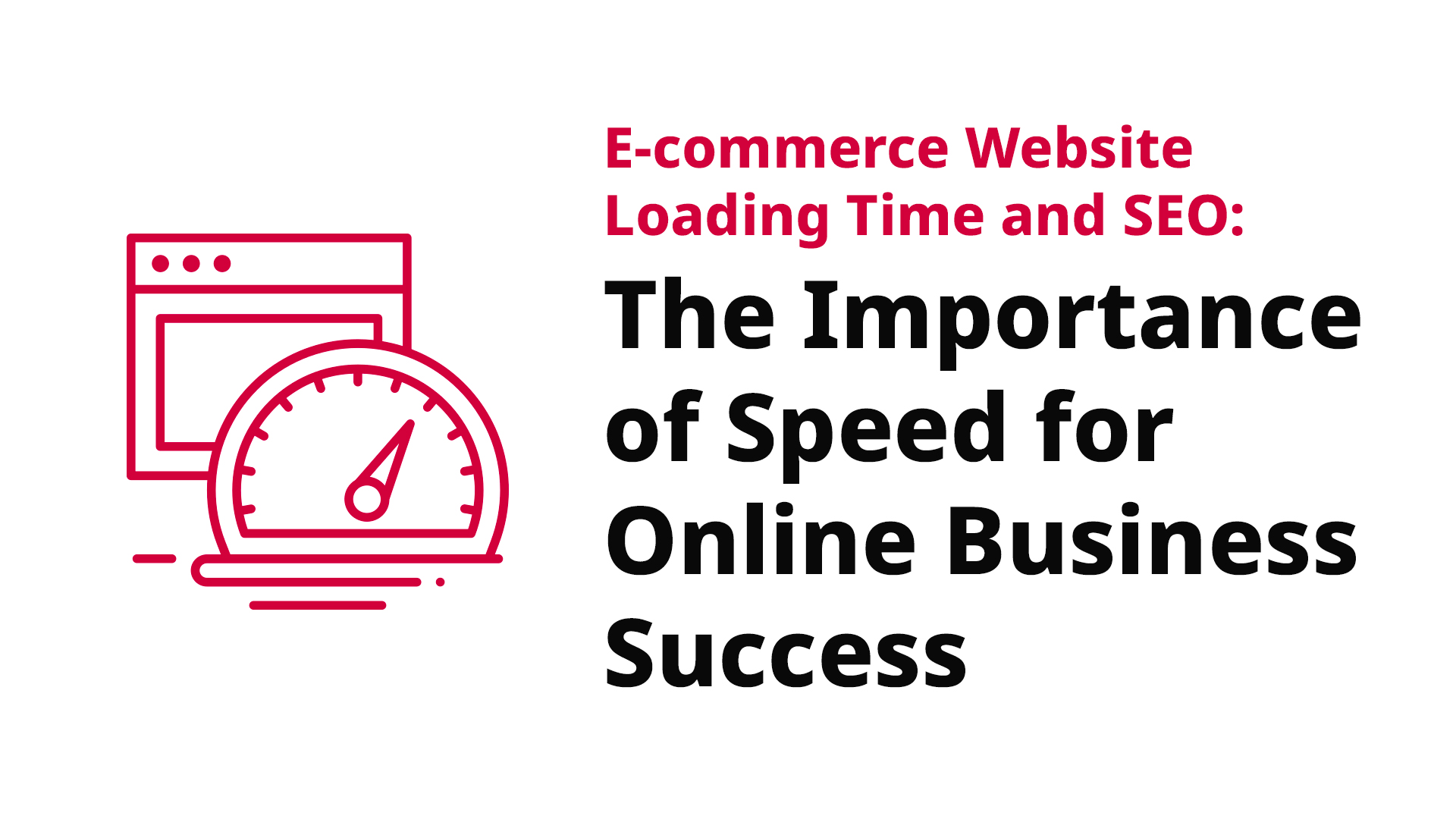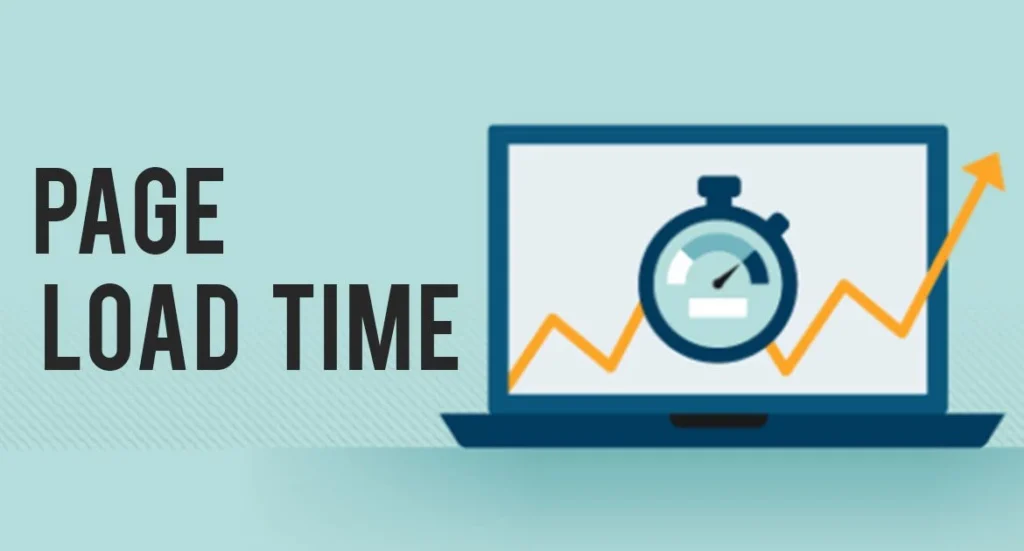
You likely already know how important search engine optimization (SEO) is for bringing customers to your website and boosting sales if you run an e-commerce business. The loading speed of websites, however, is a frequently overlooked SEO factor. Consumers anticipate seamless and quick website loading in the fast-paced digital environment of today.You run the risk of losing potential customers to competitors with quicker e-commerce website loading time if your site is slow to load.
What is Website Loading Time?

“Page load time” refers to the duration it takes for a web page to load entirely. Typically measured in seconds, this metric is a key indicator of a web page’s performance, with a slow load time having a negative impact on user engagement and, consequently, overall business performance.
The Importance of Website Loading Time for SEO
The loading speed of a website significantly impacts SEO because it affects both user experience and search engine rankings. Search engines such as Google determine rankings by taking into account the loading speed of a website.
Your website will perform better in search engine results the quicker it loads. Additionally, users are more likely to stay on a website that loads quickly and are less likely to bounce back to the search results page.
How Fast Should an Ecommerce Site Load?
For an e-commerce website, a loading time of under 2 seconds is ideal. A study by Akamai and Gomez.com found that a 1-second delay in page load time can result in a 7% decrease in conversions. Google has also acknowledged that a ranking factor for mobile search is website speed. This means that it’s crucial to optimize your website for both speed and mobile usability.
How AYSA.AI Can Help
It analyzes your website using sophisticated algorithms to find any potential performance problems that might be causing it to load slowly. After that, it offers you practical advice and insights on how to speed up your website.
A website speed test, a tool for website optimization, and a website performance report are just a few of the tools available in AYSA.AI to assist you in speeding up the loading time of your website. You can use these tools to find and correct problems with the code, images, and other components of your website that might be slowing it down.
Additionally, AYSA.AI provides a number of features to speed up the loading of your website, including image optimization, code minification, and browser caching. With the aid of these features, you can shrink the size of your website and speed up user loading.
The 80/20 Rule in Ecommerce: How AYSA.AI Can Help Maximize Your Results
The 80/20 rule, also known as the Pareto principle, states that roughly 80% of the effects come from 20% of the causes.This idea is applicable to many aspects of e-commerce, including sales, customer acquisition, and website traffic.
In terms of website traffic, the 80/20 rule can be used to describe e-commerce. Usually, 20% of a website’s pages receive 80% of its traffic. An e-commerce company can boost website traffic and boost sales by identifying and optimizing these high-performing pages.
In terms of product sales, the 80/20 rule is applicable in e-commerce as well. 20% of an e-commerce company’s products frequently account for 80% of its revenue. A company can raise revenue and profitability by identifying and concentrating on these best-selling products.
AYSA.AI is SEO automation software for e-commerce. It helps businesses identify and optimize top traffic-driving pages and products. By focusing on the 20% of pages and products that drive the majority of traffic and sales, AYSA.AI maximizes e-commerce performance.
Businesses can increase profits and boost sales by using AYSA.AI to apply the 80/20 rule to their ecommerce operations.
If you’re interested in exploring a related topic:

